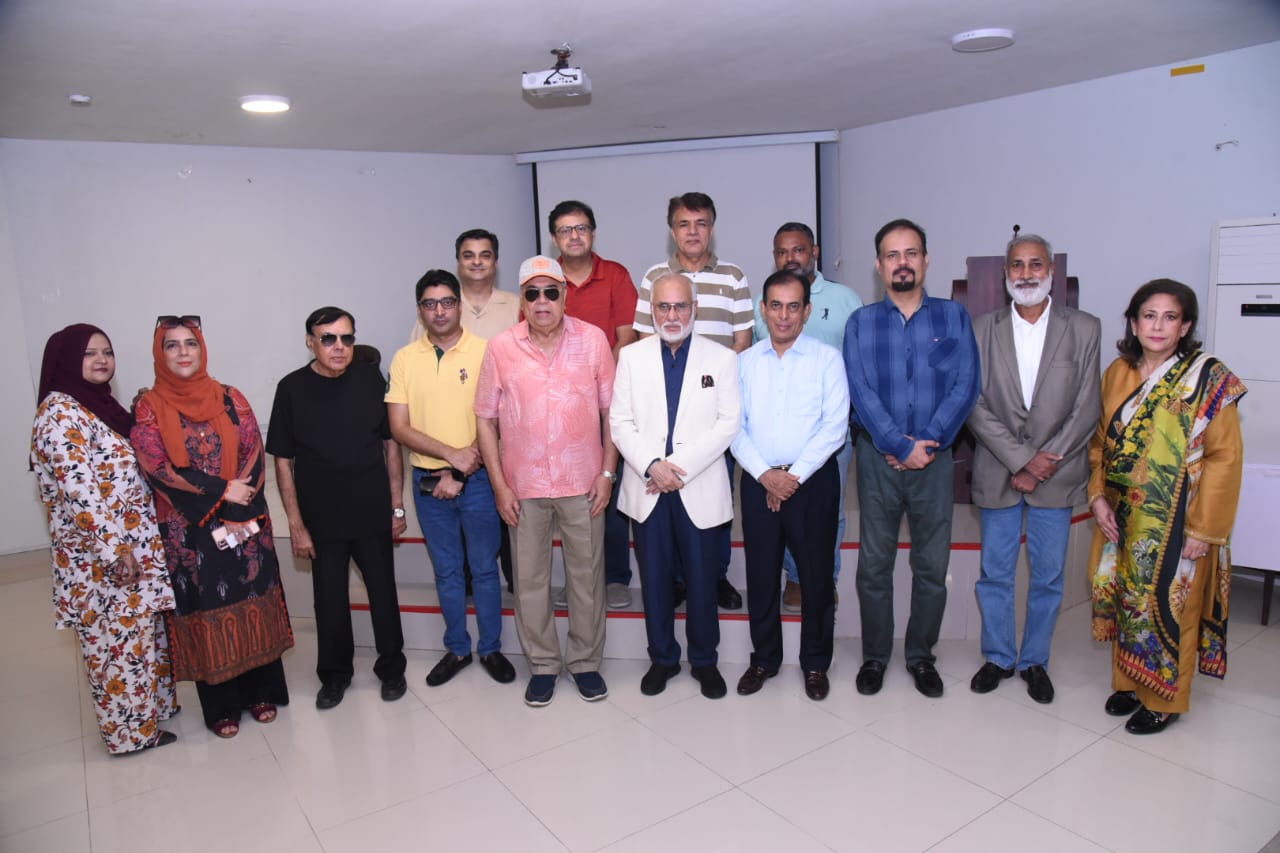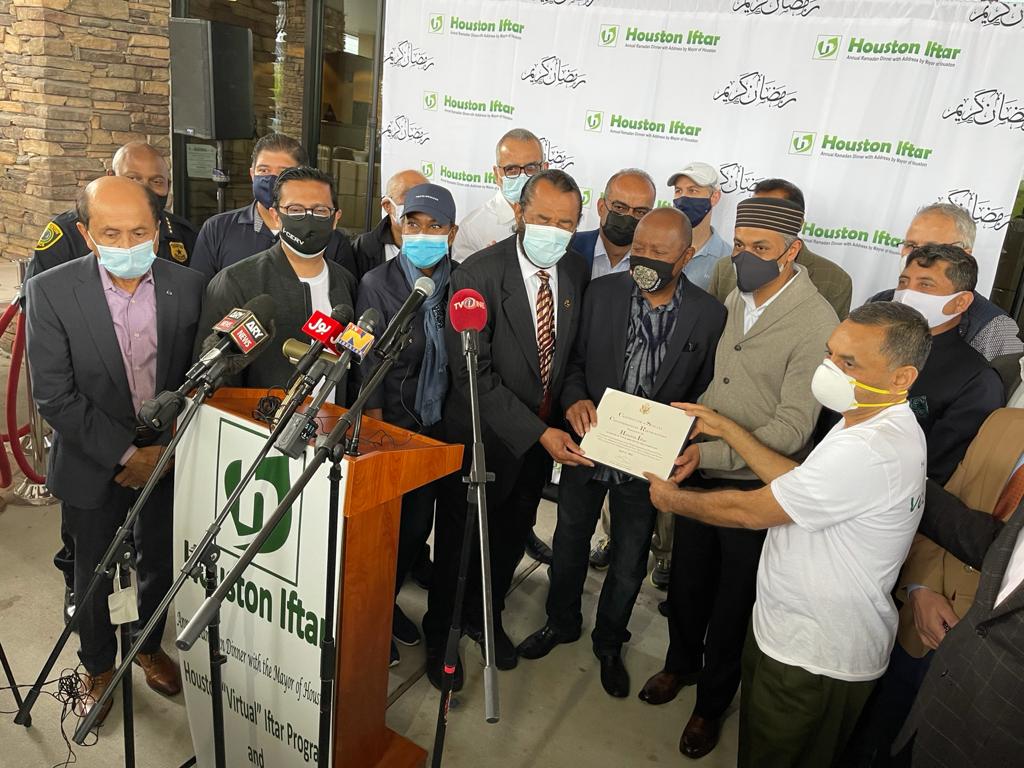On the morning of 1 March1971 I had no inkling whatsoever as to the catastrophe about to start unfolding for Pakistan a few hours later. Flying the GOC 14 Div Maj Gen Khadim Hussain Raja in an Alouette 3 helicopter at 11 am to Comilla, I deliberately circled low over the Stadium Dhaka Stadium where a cricket match was being played between a Commonwealth Cricket XI and Pakistan. Thousands of spectators in a holiday mood waved back to us. Three hours later quite oblivious of the postponement of the NA Session around noon, I landed back at the helipad in Dhaka, I saw Brig (later Lt Gen) Jahanzeb Arbab, Comd 57 Brigade and his Brigade Maj (BM) Maj (later Brig) Jafar Khan. “Jeff” was my respected House Prefect in Peake House Lawrence College, Ghoragali at the helipad.
Quickly refuelling, I took off with the two officers on an aerial reconnaissance of the situation in Narayanganj. On the way back I had avoided the city and made the approach from the east to avoid vultures. Crossing the center of Dhaka almost immediately, I was shocked to see all around vehicles and houses on fire and roadblocks, with the streets filled with a huge mass of people, this was the spontaneous angry reaction to President Yahya‘s postponing the NA Session. A few days later on 7 Mar 1971, I was the helicopter pilot monitoring aerially the public meeting Shaikh Mujib was addressing where he was expected to declare East Pakistan as “Bangladesh”, which he didn’t! Since I did several sorties daily to nearly every town and city of East Pakistan in March 1971, I have till now never ever seen anything close to the crowds Imran Khan has recently been addressing in Islamabad, Karachi and Lahore, with hundreds of thousands simultaneously listening to his speech on giant screens in towns and cities all over Pakistan. The entire Dhaka city seemed engulfed in virtual anarchy. Dropping the two officers back at the helipad I started to evacuate some of the cricket spectators taking refuge on rooftops close to the Dhaka Stadium, the DIT Building, Purbani Hotel, etc, ferrying them to the adjacent Governor’s House in batches of 3 and 4. How my rotors did not hit any obstacle was by itself a miracle. Low on fuel by then I flew back to towards Dhaka Airport (Kurmitola). Near Farmgate a Dodge truck of the Pakistan Army was besieged by a crowd. Two of the occupants were injured or dead but the others were keeping the mob at bay by firing into them. Very deliberately I auto-rotated downwards on the crowd. Seeing the Alouette-3 falling out of the sky, the crowd stampeded outwards. Landing on the road my crew chief helped all the five soldiers into the helicopter. How any of the sticks and stones thrown did not hit the rotors i do not know. How could one ever imagine that the process of the break-up of the finest experiment of nationhood in its time started that day?
What an amazing coincidence that 50 years later we are at another crossroads in our troubled political history! The spontaneous reaction to Imran Khan’s exit as PM bringing out massive crowds has deep-reaching implications of sorts: political, moral and security-related. Though studiedly peaceful in contrast to the Dhaka of 1971, the charged atmosphere has ominous overtones. The unfortunate perception getting universal traction is that the regime change due to external pressure facilitated a disparate (and desperate) opposition to manipulate the numbers required to “constitutionally” dethrone the Imran Khan govt. And the Army remaining “neutral” was not accepted as correct! Gen Qamar Bajwa confirmed the “tilt” (and reasons thereof) when addressing both serving and retired officers in Rawalpindi and Lahore.
By selling their votes 23 PTI MNAs violated their political and moral obligations towards their party and voters. Article 63A should have been applied correctly at the appropriate time. Our Constitution was taken cognizance of only selectively by the SC and by motivation by the ECP. As early as 1989 I had written “The political leadership of any country must be individually and collectively imbued with a strong sense of purpose and must live (and die) with the courage of their convictions, to the extent of publicly stamping out malfeasance within their own ranks. Activists within the political parties most keep their own leadership in check,” unquote. The tremendous crowds mobilised both within Pakistan and the Pakistan diaspora in the world, is a watershed moment against evil. Edmund Burke had said, “The only thing necessary for the triumph of evil is for good men to do nothing” unquote.
Even more sensitive is the military’s stance in the political brawl. As Col von Skorzeny Germany’s Commando Extraordinary famously said, “politics is the soldier’s curse”. Denied vehemently by the DG ISPR the social media has still created the perception of disquiet in the unity of command. Situated in a dangerous crossroads geographically both on our eastern and western frontiers. Pakistan’s external security and internal security depends on the capability and sacrifice our armed forces. We should not forget the painful memory of 1971 when the mutiny in the army in East Pakistan had fatal consequences. Visiting Lt Gen Lehrasab Khan, among the finest and bravest soldiers ever produced by the Pakistan Army, last Saturday in Jajja Cadet College, the magnificent educational institution he has created adjacent to his home village, we reminisced together as perhaps the only actual survivors of the brutal mutiny of those horrifying days in March 1971 in East Pakistan. To quote my article “Leave the Army alone” (May 10, 1988), “as the catharsis of 1971 when the finest army broke apart despite the deepest feelings of comradeship existing among its diverse rank and file,” unquote
The unity of command in the armed forces must be preserved at all costs, personal motivation notwithstanding. Further quoting my article, “Leave the Army Alone”: “The single most positive factor in Pakistan for peace and tranquillity is the strong, stable Pakistan Army, the finest fighting machine in the world, a reputation that particularly wards off adventurism from our loving neighbour, India. It is in our self-interest to sustain and motivate this fine Army and not resort to self-flagellation. One must remember the cause and effect of a proverb shared by several religions or philosophers, “they that sow the wind shall reap the whirlwind”. Criticism, if any, should be well conceived and objectively targeted without defaming the institution as a whole,” unquote. Whatever may be one’s reservations, we should refrain from contributing to any adverse propaganda which would undermine the unity of command that is most vital we must preserve if we are to survive as a nation.
















